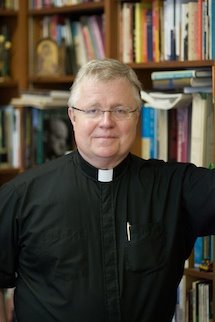Cairo is a city of congestion with lots of people walking in every direction almost as thick as the dented cars that are honking their horns as they weave into tight spaces trying to move ahead. We were on foot walking to the wonderful Cairo Museum. A museum that has change very little in twenty-five years since the first time I darkened it’s doors to see the amazing treasures of King Tutankhamun. In fact the Egyptian citizens probably felt the same way about their country. Nothing has changed for the last thirty years under the iron fist rule of Hosni Mubarak. When things don’t change, it breeds a sense of hopelessness. As much as us nostalgia buffs want to keep things the same, we know that change is a gift and new innovative things are a part of the way God has created this thing we call “life.”
So, amid the toxic pollution of Cairo, there comes a breath of fresh air. It is the fresh air of change, of hope and of freedom. Night after night, I was amazed by the tenacity of those who came to demonstrate against this old regime that had held people down from self-actualization, achievement and personal fulfillment. It’s hard to go to school and then spend the rest of your life drinking coffee with others who have no job. But then, day after day people got up with a glimmer of hope to stand in front of tanks for the most part peacefully and demand freedom. It’s interesting what freedom does. The hope of it makes you lock arms with the person next to you to form a human barrier to prevent people from entering the Cairo Museum and stealing objects that belong to the World and to Egypt.
Freedom also gives you pride where before you had none. I was amazed to see people after Mubarak stepped down go into places like the Tahrir Square and begin cleaning up the mess of debris, litter and garbage that had accumulated during nearly three weeks of demonstrations. Freedom gives you a sense of pride and hopefully responsibility. It almost seems like it came immediately to these Egyptians who took responsibility to clean up the streets that they had littered.
On our walk to the Cairo Museum I noticed two huge lion sculptures at the base of the Qasr el-Nil Bridge. You can’t help but notice them because they are so huge. Later, I saw pictures of people cleaning them. I’m sure they haven’t been cleaned for years but as one person said, “this is our country now and we must take care of it.” It brought a smile to my face and made me think about how much we take freedom for granted in this country. It’s a shame that so few people vote on Election Day here. The contrast is almost jarring when you see people risking their lives, standing in front of tanks and in front of harms way to obtain that same privilege. That alone speaks volumes.
.jpg)